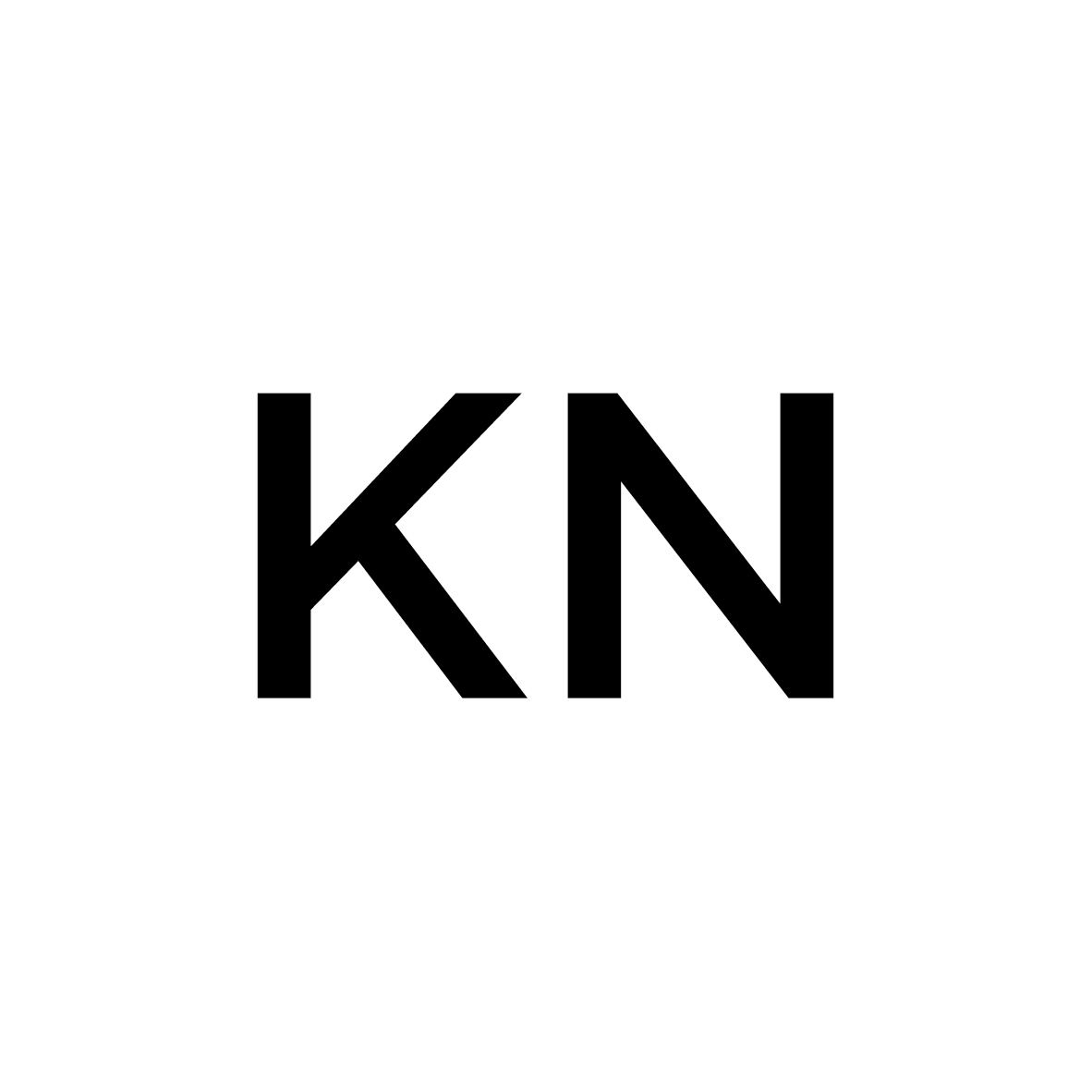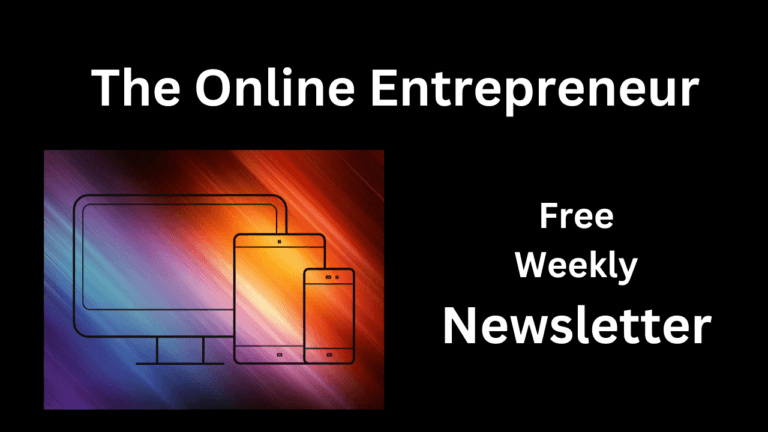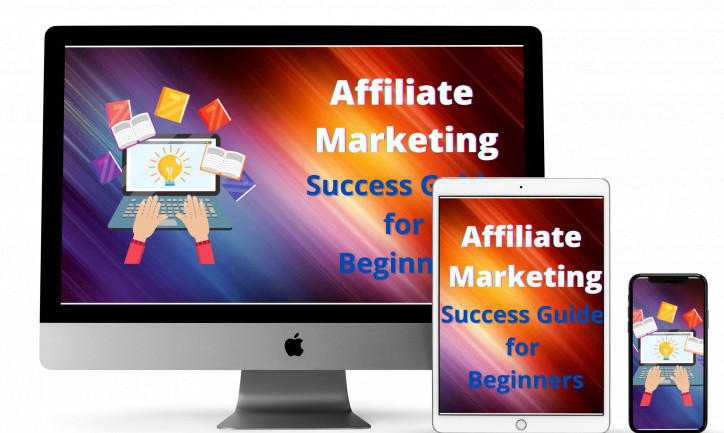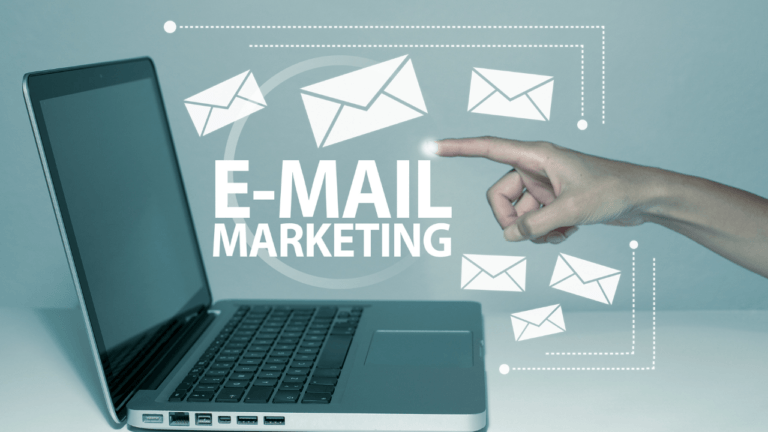Ultimate Guide To Building An Online Business
Starting an online business venture isn’t just about throwing up a website and waiting for the magic to happen. It’s about deliberate planning, strategizing, learning and consistency to build a website that ranks well, attracts visitors and converts to sales.
In this ultimate guide to building an online business, you’ll find the necessary steps to build a successful business.
How to Find Your Perfect Niche

Defining your niche is critical. Think of the internet as a bustling marketplace and you want to stand out amongst all the other traders. Your perfect niche will ensure you are head and shoulders above the others.
In Finding Your Perfect Niche I detail how to look at your knowledge and skills to find the niche that is best suited for you.
When setting up a website, you want a topic you know a lot about as you’ll write about 100 or more blogs on your chosen niche.
For example, my niche is online business and on this website, you’ll find lots of blogs about niche, branding, SEO etc.
I have been an online entrepreneur for over 20 years so writing about what I’ve learned along the way and how I keep up with online trends makes it easy to create content for this site.
Pick a niche that you know a lot about and you won’t have a problem creating content that ranks well and attracts customers.
Brand You – Personal Branding
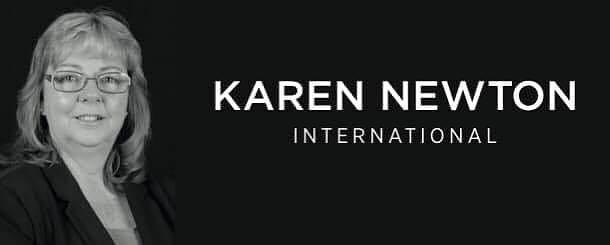
Once a niche has been chosen the next step is creating your brand.
A brand could be the name of your online business or you can be the brand.
My brand is Karen Newton International. It’s a business that teaches clients how to build online businesses and invest the profits into property, shares, cryptocurrency and commodities through joint ventures. However, the brand for this website is how to be an Online Entrepreneur.
I am my brand but I can create products and services under my umbrella brand.
Building a Personal Brand is a blog where you’ll find tips for creating your branding.
Don’t worry about changing your niche if it isn’t the one you decide to go with. Part of having Brand You means you can pivot into other niches without worrying too much about the impact.
For example, I started my online journey self-publishing books. This grew to teaching people how I do it. Then I wrote books about property investing and that became a course. The point I’m trying to make is as your knowledge and skills grow, so too will the opportunity to add more products and services to your brand. This provides flexibility and growth opportunities.
When you are your brand, you can pivot to new topics without affecting your brand.
Creating a Business Plan

Once you know your niche and brand a plan is needed to grow your business.
The plan should include details about customers, sales, marketing, training and budgets.
The website plan should include how often you’ll be posting to the website, the type of content being posted and who the target audience is.
Adding regular content is imperative for building your online business. Don’t stretch yourself too much. My target is to publish two new posts each week to this website. One is a newsletter and the second is a blog such as this one. This will ensure there are 100 posts on the website in the first year. Keep this going and there will be 200 posts by the end of year two etc.
Creating a workable plan is important or you’ll give up before the magic starts working.
Doing the Market Research
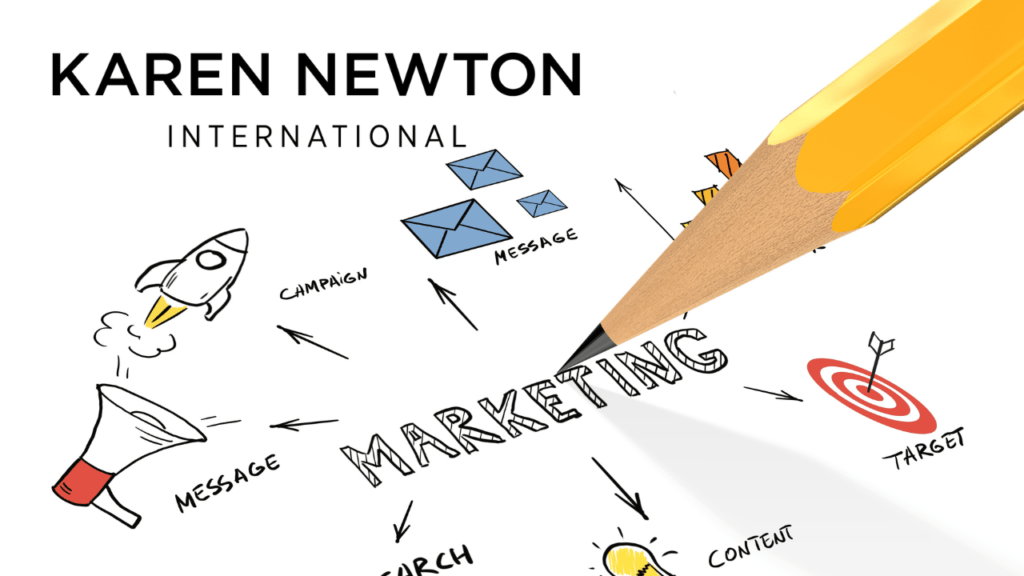
Market research might sound tedious, but it’s your secret weapon and essential for your success.
Customers buy from people the Know, Like and Trust. So understanding what both your potential customers are clamoring for and what your competiition are offering helps you to find a sweet spot where you can offer exactly what your customers need.
Once you know what they are looking for you can create a business model to fill the need.
For example, I run a course called Zero to Millionaire. Clients spend the two modules learning about building an online business the remainder of the course is about investing profits.
I discovered that clients were having difficulty building the online business simply through chatting to my clients. So, I created a weekly newsletter that provided one tip to help grow an online business.
The newsletter grew faster than I expected so I created a course – Online Business Mastery that helps clients to build an online business.
Market Research and testing the Market with the Newsletter helped me to identify a market where a course could be created and sold.
My online business model has grown and adapted according to demand from customer needs. The customer needs were found by doing Market Research.
How to Start an Online Business
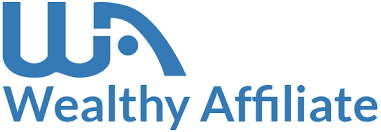
Once your niche and business model is created, the next step is to get your business online.
A domain name will be needed followed by web hosting. My choice is Wealthy Affiliate as it provides domains, web hosting, AI tools and unparalleled training support.
Since joining Wealthy Affiliate in 2020, I have created 10 websites that provide custom information around my niche of self-publishing and building wealth through creating an online business and investing the profits into property, digital assets and commodities.
Through my training courses, I suggest clients use Wealthy Affiliate to build their websites and online businesses.
What is Content Creation?

People learn and absorb information in many ways. Providing information and benefits about the product or service being sold requires creating content that the end user is interested in and that will help convert the reader to a customer.
Throughout my blogs, I provide information from a personal experience. This means the reader can identify similar problems that my product or service will solve for them.
Sharing personal experience helps the reader get to Know, Like and Trust the writer which in turn helps to turn readers into customers. Personal experience stories also help establish your brand, knowledge and expertise. All the things search engines say they are looking for when ranking websites.
The next step is to provide your expertise, experience and skills in a format that resonates with the reader. Multimedia content helps in establishing this. It provides information in a format that is specific to how the viewer best learns.
For example, I’m a writer so I like to read but sometimes watching a video for 10 minutes is easier than reading a 20 page how-to manual.
We live in a world of busy people who absorb information around their lifestyles. I provide information through books, blogs, videos and podcasts. It suits many different audiences.
On this website you’ll find, links to books; a podcast, videos and blogs such as this one. Content creation is using multimedia to meet the growing demand for information in a format best suited to a potential customer.
Using Social Media for Marketing
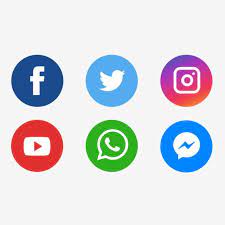
Writing a blog, posting on a website and hoping people will find you rarely works. There needs to be advertising.
Social Media provides on of the best platforms for getting your business in front of potential customers.
Today, there are many different types of platforms with different uses and requiring different type of information.
For example, Facebook offers pages (your shop window) groups (the inside of your shop) to grow a following. This is about showing proof that what you sell works. I’m a wealth coach so people look at my lifestyle to see that making money allows me the type of lifestyle they dream about.
YouTube is about showing how your product or service can be used. If I want to know how to write certain types of content I watch experts on YouTube.
Mastering the different types of content per social media platform will help get you in front of the right audience.
Email Marketing
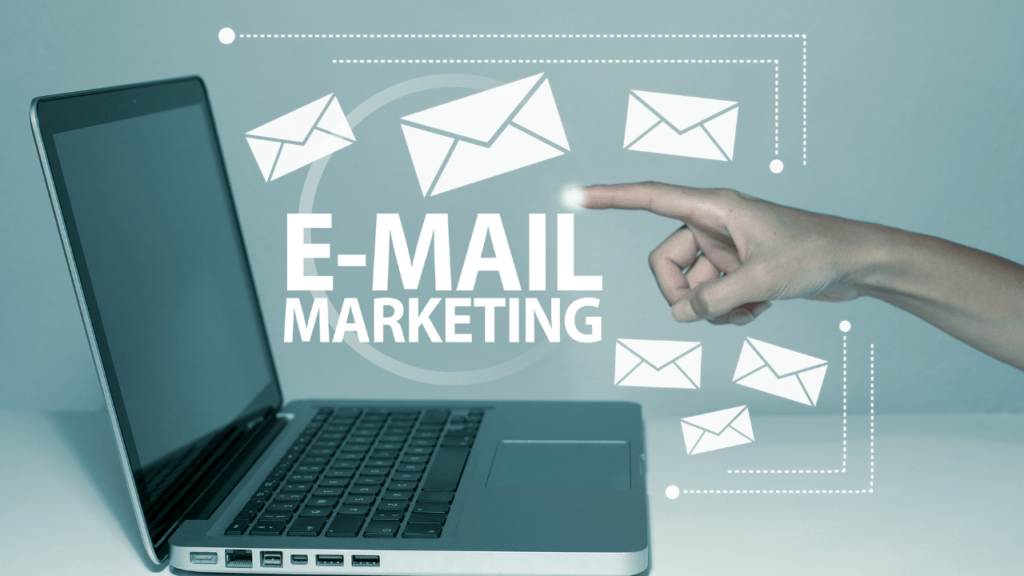
According to industry information, email marketing is still the most successful way of making sales.
Your website needs to allow they viewer reasons to want to be part of your email list.
Part of my market research was creating a newsletter. The newsletter became the reason for people to join my email list.
I offer a membership site at just £9.97 per month. When someone signs up they get free access to the Online Business Mastery Course.
I’ve provided a free resource, the newsletter and an incentive to join my membership site the Online Business Mastery course.
Email marketing is a way to retain people not yet ready to buy and offer them a good reason to try your services.
Monetizing a Website

Having an online business is about making money. Why else would you spend many hours learning how to build a website and create content for the site.
There are several ways to monetize a website.
- Google Adsense – a popular way of earning an income but Google pays very little money
- Private Advertising Companies – pay much higher revenues but require around 10,000 visitors to a website
- Sponsorship – a great way to get paid for what you do. Again however, visitor numbers need to be at least 10,000
- Affiliate Marketing – is where you sell someone elses products. The seller provides you with a unique link and buyers use the link to click through to the product sales page. You earn commission on each sale.
- Membership Sites – require the member to be offered something unique that they wouldn’t normally get unless they join your membership site.
- Courses – creating your courses is the ultimate way to make money from your site
- Apps, Plugins, Games – are technical products that can be offered through your website as a one-off item or recurring monthly income
Today, there are many ways to earn income from a website but first, there have to be visitors.
SEO – Search Engine Optimization

This is a marketing strategy to get your content in front of the right people and help search engines to understand what your content relates to and how to categorize it.
Some of the tools include Keyword Research. This involves researching which words potential visitors use the most when using search engines.
Keywords are just part of an SEO strategy. Links are another tool used that includes linking content to one another to show the visitor there is more content available.
Links are powerful as they help to keep visitors on your website and this improves your search engine rankings. The higher the rankings the more customers are likely to visit your website.
Technical SEO includes putting an SEO framework onto your website to encourage search engines to list the website in their rankings.
If you want a successful website then SEO is fundamental to creating your content.
Growing and Scaling Your Online Business

Growing an online business means being realistic about the amount of work required and the length of time to become monetised.
Search engines require websites to be a resource of potential customers providing plenty of information. But they are realistic enough to realise website owners need to make money.
Content should lean towards providing information rather than sales. While there is no set ratio industry leaders tend to use 70:30 or 80:20 ratios. The higher number being information the lower number being sales.
Building content to these ratio levels takes time.
From experience, I would say it takes 6 months of creating content before getting your first sale. Two years of content creation to be able to replace a full-time income. A lifetime of learning to stay ahead of the curve in a marketplace continually evolving.
Continued learning is essential. Writing can be contracted out to copywriters but until you know or understand what works best for converting your customers into clients you can’t inform copywriters about the content or format required for your website.
Becoming proficient at creating content that converts to sales is essential before using third parties. That can take a year or more of practice and analysing results before having sufficient experience to instruct someone else to create content for you.
However, to scale your business requires 3rd party content creators. Websites generating large volumes of sales are posting around 1000 blogs a year. That amount of content is almost impossible for one person to generate due to the amount of research and writing needed. Then there are graphic designs, videos, podcasts and social media marketing to fit in.
